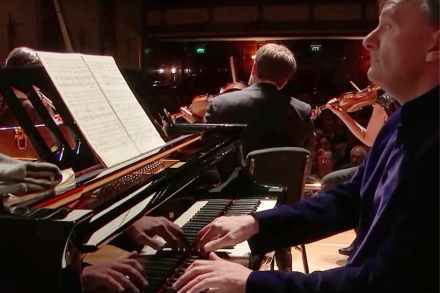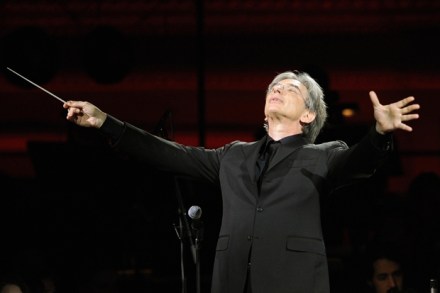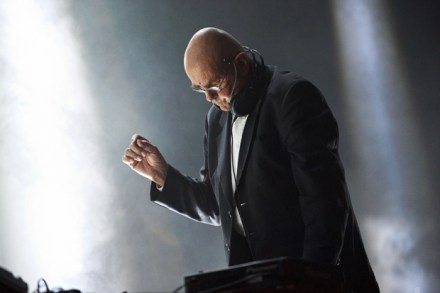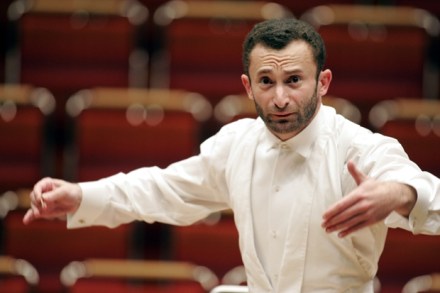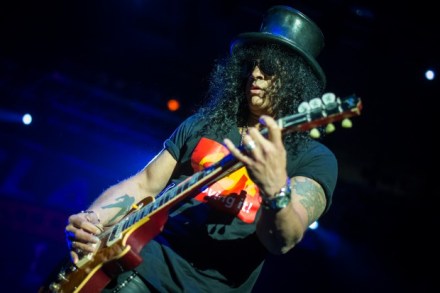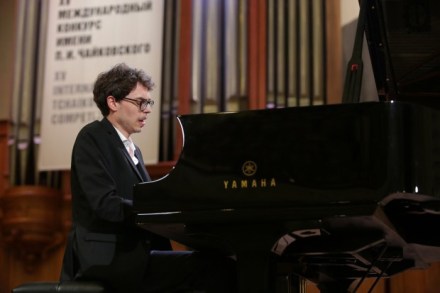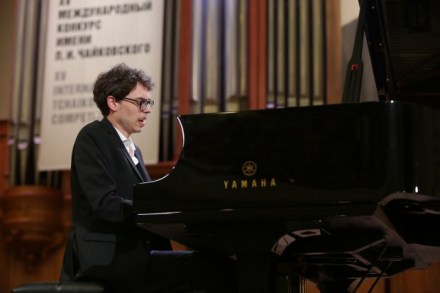Women are to blame for the big Glastonbury sell-out
I suppose you can look at it two ways. Glastonbury, and rock festivals generally, were once patronised by music obsessives; largely male and probably some distance along the autistic spectrum, in many cases. People like me, in other words, when I was younger. Oh yes – and that’s another thing. Age. They used to be for the young. But the defining difference with today was that people once went for the music. I note that next year’s Glastonbury has sold out – without anybody knowing who is actually playing. I blame women. In general they have a different approach to music. They like the experience of being somewhere people are


